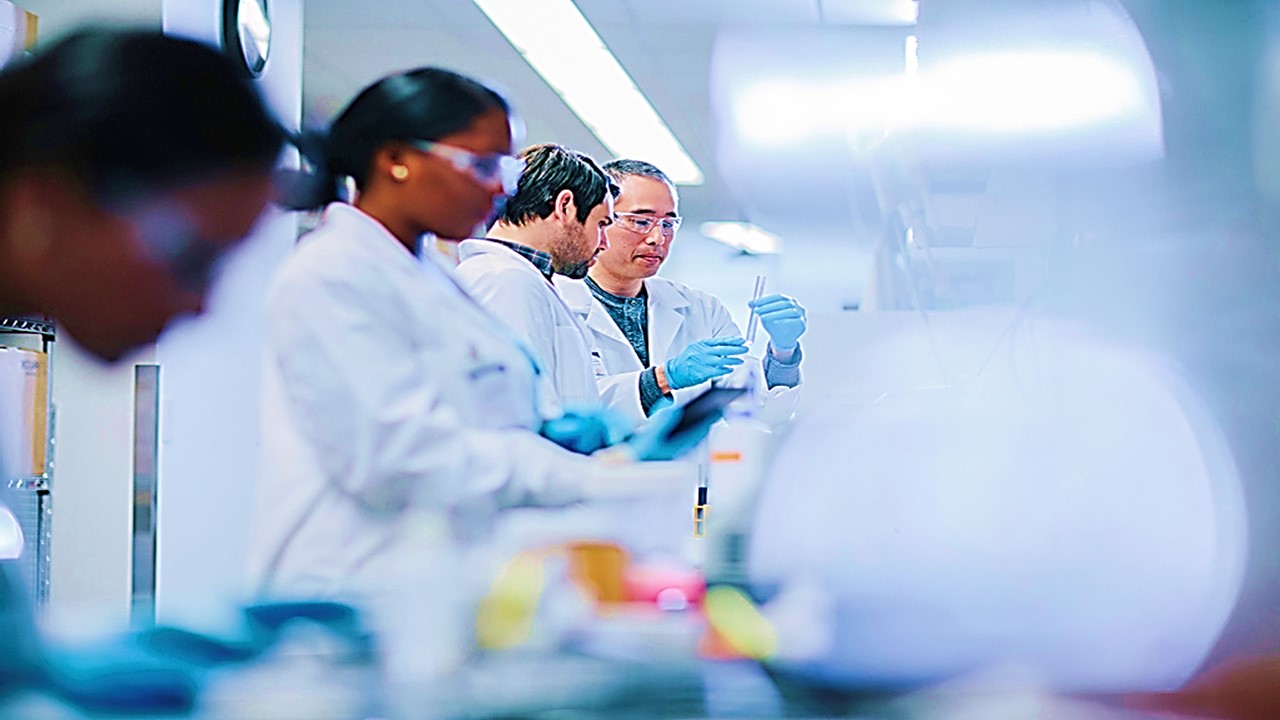Cancer clinical trials stand as pivotal platforms for advancing patient care and refining treatment outcomes. The advent of novel therapies, including precision medicine drugs, alongside innovative surgical and radiation interventions, has catalyzed remarkable improvements in overall cancer survival rates, ushering in new standards of care.
Despite their paramount significance, participation levels in these trials remain distressingly low, ranging from 5% to 8% among adults with cancer. However, insights gleaned from those who do participate underscore favorable experiences within the trial milieu. Yet, a demographic disjunction persists, with trial participants skewed towards younger, healthier cohorts, notably lacking racial and ethnic diversity.
The Imperative of Diversity in Clinical Trials
Trials marked by homogeneity raise critical questions regarding the generalizability of outcomes for clinical decision-making, exacerbating entrenched racial disparities in cancer outcomes.
Acknowledging this imperative, the American Society of Clinical Oncology (ASCO) and the Association of Community Cancer Centers (ACCC) have embarked on a collaborative endeavor to bolster participation among historically underrepresented racial and ethnic groups. This multistage initiative, spearheaded by a coalition of equity, diversity, and inclusion (EDI) experts, coupled with patient advocates from minority populations, underscores a concerted effort to dismantle barriers impeding inclusive enrollment in clinical trials.
Addressing the Clinician Conundrum
Clinicians wield significant influence in patient referral and enrollment processes, yet pervasive biases often dictate referral patterns, undermining equitable access to trials. Misconceptions surrounding the willingness and capability of minority populations to comply with trial protocols persist, compounded by logistical constraints and inadequate trial awareness among clinicians.
These disparities are particularly pronounced in settings serving minority populations, magnifying the need for centralized databases to streamline trial accessibility.
Navigating Patient Barriers
For individuals hailing from minority backgrounds, a complex web of obstacles impedes their engagement in clinical trials. Financial constraints loom large, encompassing not only direct medical expenses but also indirect costs such as transportation and childcare, rendering participation economically unfeasible for a significant portion of the population. Moreover, historical injustices and systemic biases have engendered a pervasive distrust of medical and research institutions among minority communities, exacerbating barriers to trial enrollment. This deep-seated skepticism, compounded by communication barriers and disparities in health literacy, further hampers recruitment efforts.
Addressing these multifaceted challenges demands targeted interventions that traverse both economic and sociocultural realms, with a concerted focus on dismantling systemic inequities and fostering trust through culturally sensitive communication and outreach strategies. Only through such comprehensive measures can we begin to surmount the myriad barriers obstructing equitable participation in clinical trials among minority populations.
Tackling Trial Inequities
Embedded within the framework of cancer clinical trials are inherent barriers that perpetuate underrepresentation, posing formidable challenges to achieving comprehensive and diverse research cohorts. The stringent eligibility criteria, fundamental to ensuring participant safety and trial integrity, inadvertently erect hurdles that disproportionately affect individuals grappling with heightened disease burdens or pre-existing conditions—attributes often overrepresented among minority populations. These rigid thresholds serve as gatekeepers, inadvertently excluding those who may derive significant clinical benefit from investigational therapies.
Furthermore, the intricate web of participation requirements, characterized by complex visit schedules and demanding procedural mandates, exacerbates existing disparities, rendering trial engagement logistically daunting for many from underrepresented backgrounds.
Addressing these entrenched barriers necessitates the implementation of streamlined protocols tailored to accommodate the unique needs and circumstances of diverse enrollment cohorts, thereby fostering an inclusive research environment conducive to equitable participation.
Institutional Levers for Change
Institutional dynamics exert a profound influence on the accessibility of clinical trials, encompassing factors ranging from the strategic distribution of trial sites to the composition of research personnel.
Strategic placement of trial sites, reflective of local demographic profiles, emerges as a pivotal determinant in fostering inclusive participation, as proximity and familiarity enhance the likelihood of engagement among diverse populations. Equally imperative is the diversification of research staff, ensuring a cadre of professionals equipped with cultural competency and rapport-building capabilities essential for effectively engaging minority communities.
This multifaceted approach not only facilitates access to trials but also cultivates an environment conducive to trust and collaboration, thereby enhancing the inclusivity and representativeness of trial cohorts.
Bettering Oncotherapeutic Trials
As cancer care marches forward, fostering diversity in clinical trials stands as a non-negotiable imperative. Overcoming entrenched barriers demands multifaceted interventions, from combating clinician biases to reimagining trial design and institutional structures. The recommendations outlined herein offer a roadmap towards equitable trial participation, transcending demographic divides to realize the promise of precision oncology for all.
Engr. Dex Marco Tiu Guibelondo, B.Sc. Pharm, R.Ph., B.Sc. CpE
Editor-in-Chief, PharmaFEATURES

Subscribe
to get our
LATEST NEWS
Related Posts

Clinical Trial Supply Chain
From Chaos to Control: The Clinical Reinvention of Supply Chain through Data-Driven Infrastructure
In a healthcare landscape increasingly dominated by automation and AI, it’s tempting to see technology as a cure-all.

Clinical Trial Supply Chain
Deciphering the Nexus: Cluster Analysis in Shaping Regional Supply Chain Hubs
Cluster analysis has become instrumental in understanding and optimizing supply chains.
Read More Articles
Myosin’s Molecular Toggle: How Dimerization of the Globular Tail Domain Controls the Motor Function of Myo5a
Myo5a exists in either an inhibited, triangulated rest or an extended, motile activation, each conformation dictated by the interplay between the GTD and its surroundings.
Designing Better Sugar Stoppers: Engineering Selective α-Glucosidase Inhibitors via Fragment-Based Dynamic Chemistry
One of the most pressing challenges in anti-diabetic therapy is reducing the unpleasant and often debilitating gastrointestinal side effects that accompany α-amylase inhibition.













